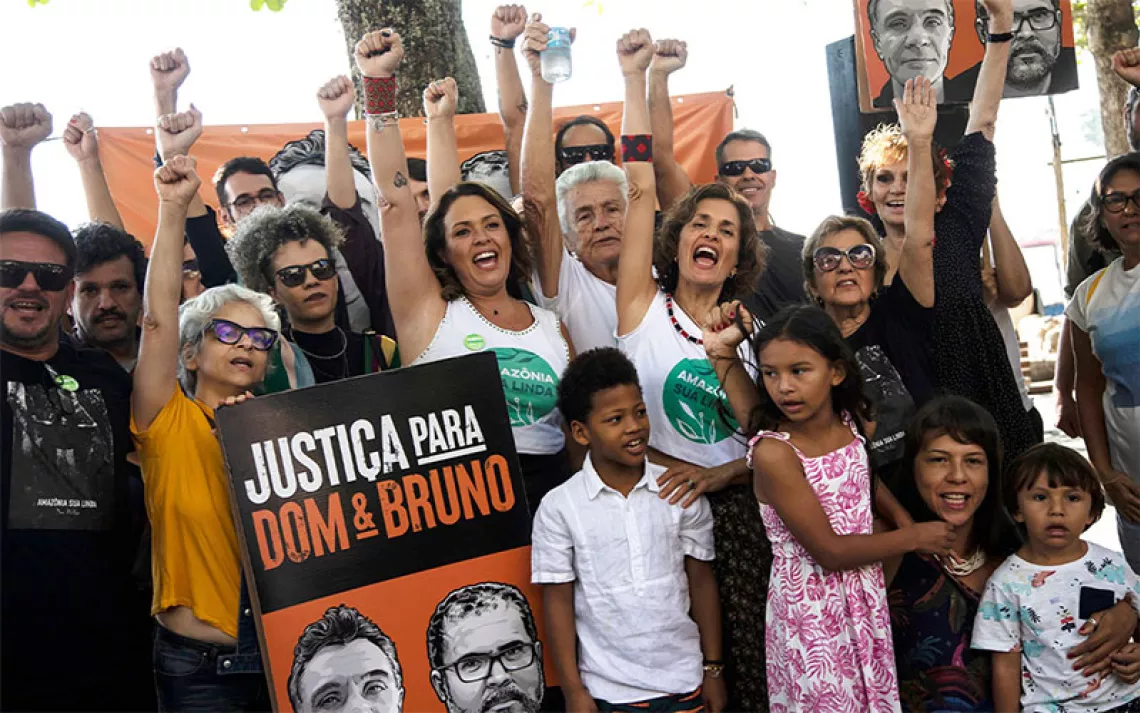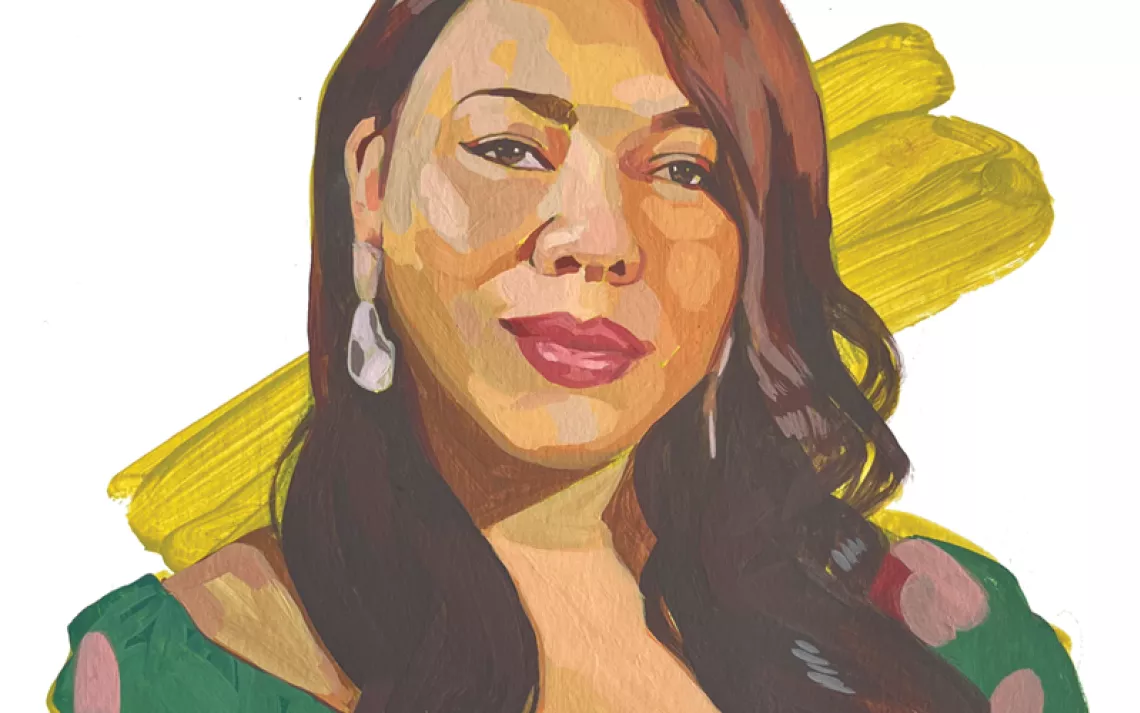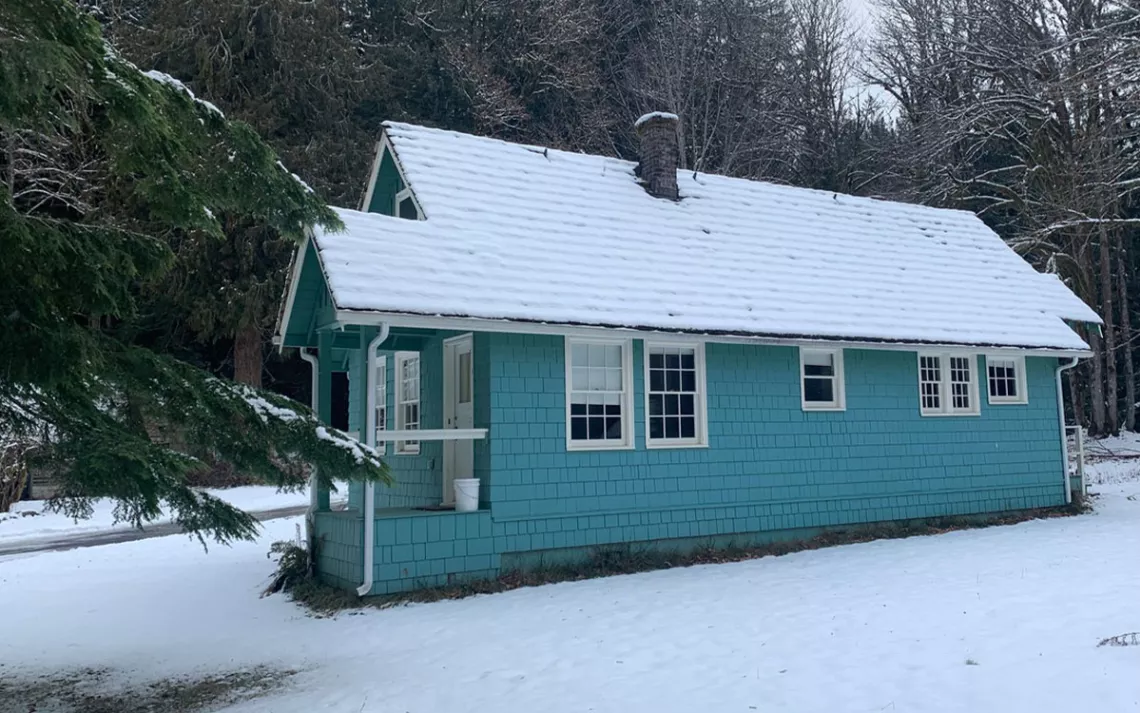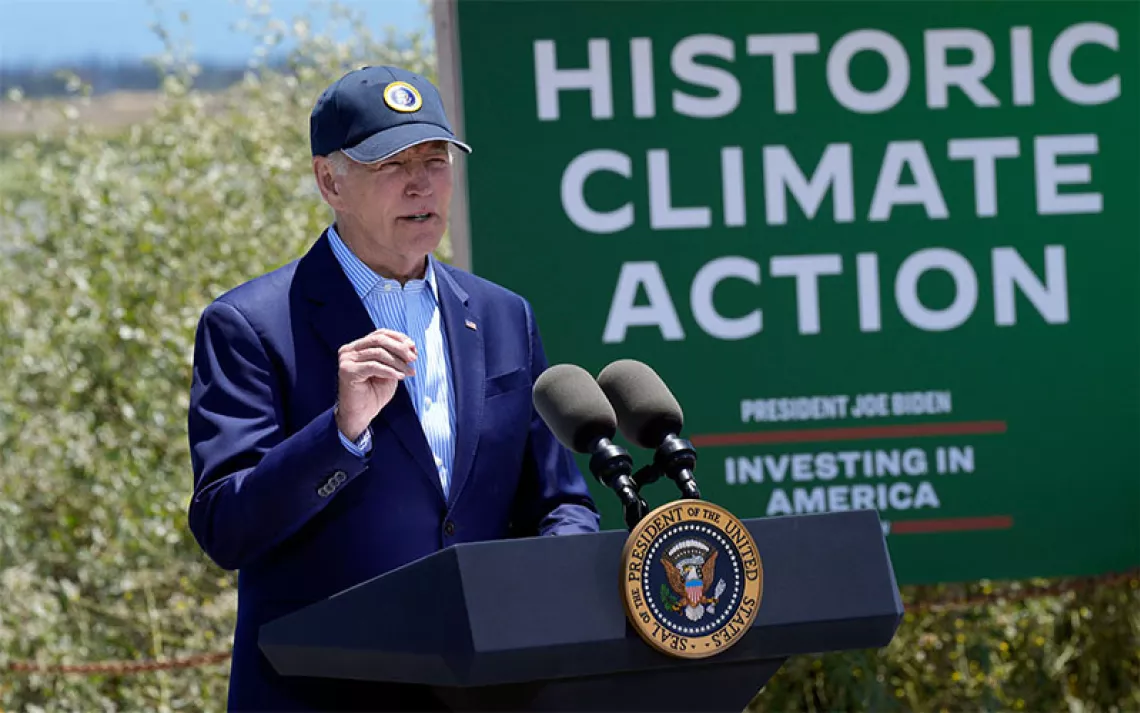Omar Elmawi Believes In an Africa Free From Fossil Fuels
The activist works to prevent construction of the East African Crude Oil Pipeline
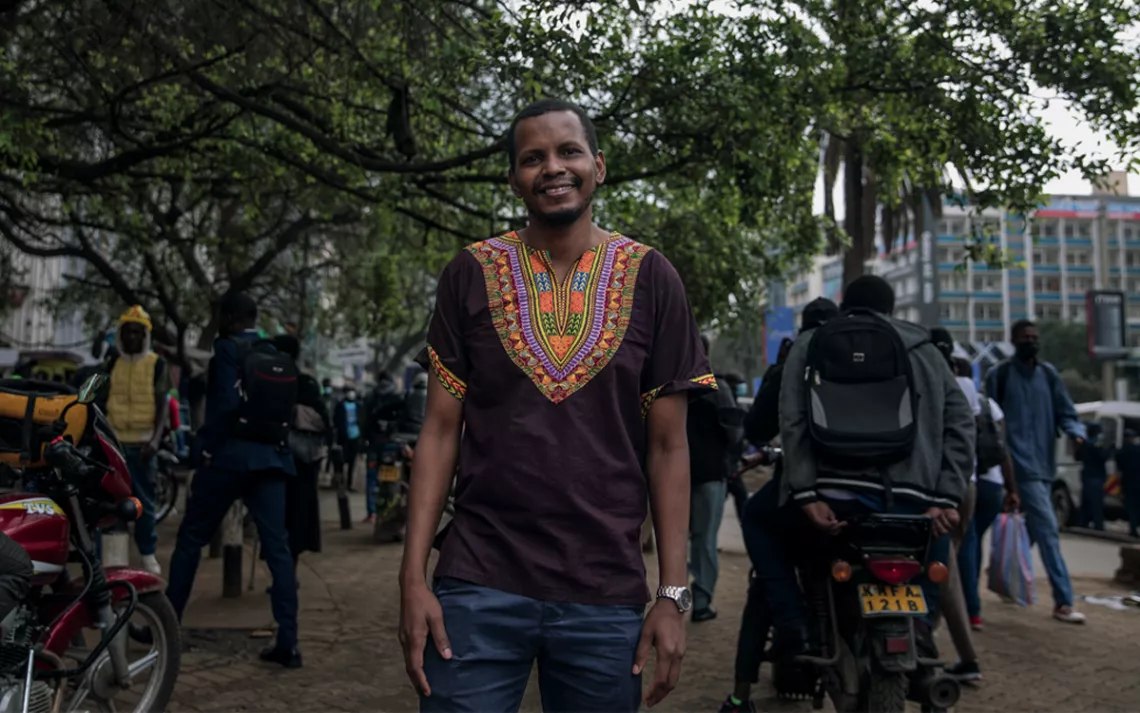
Photo by Sarah Waiswa
In April 2021, the governments of Uganda and Tanzania announced a deal with the China National Offshore Oil Corporation and the French petroleum company TotalEnergies to build the East African Crude Oil Pipeline. When completed, the $3.5 billion, 900-mile-long pipeline (known as EACOP) will carry up to nearly 2 billion barrels of oil from Uganda's western border to Tanzania's Port of Tanga on the Indian Ocean. There, the crude oil will be loaded onto tankers, bound for the global petroleum market.
When burned for fuel, that oil will generate an estimated 34 million metric tons of carbon dioxide emissions a year. Infrastructure for the pipeline has already displaced 7,000 farmers. Actual construction will affect thousands more and disrupt hundreds of acres of wildlife refuges, threatening populations of monkeys, elephants, and other vulnerable species. A third of the pipeline will run through the drainage basin of Lake Victoria; an oil leak there could jeopardize the livelihood of the 4 million people who depend on the fishing industry.
"Honestly, it's a crazy idea," says Omar Elmawi, the coordinator of StopEACOP, an international coalition that supports communities opposing the project. Elmawi, a 34-year-old lawyer who lives in Nairobi, Kenya, has spent the past eight years trying to prevent the fossil fuel industry from expanding in East Africa. "If there are any benefits, they are going to go to the project's proponents, not the people of Uganda and Tanzania," he says.
About half the people in sub-Saharan Africa do not have access to electricity, a fact that African governments often point to as justification for ramping up fossil fuel production. But Elmawi and others argue that the environmental costs are too high and that the economics don't pan out. Nigeria, which produces the most oil in Africa, has become a cautionary tale: Its economic dependence on petroleum has led to political instability, corruption, and increased inequality.
"We could easily leapfrog fossil fuels and reap all the economic benefits [of clean energy] while dodging the environmental and health impacts that come with fossil fuels," Elmawi says.
Elmawi was born in Lamu, a sleepy coastal town in Kenya, and grew up in the port city of Mombasa. At age 10, he was hit by a speeding car while crossing a road, leaving his left leg badly fractured. He was hospitalized for more than two weeks; full recovery took nearly a year. His parents sued the driver for reimbursement of their medical bills, but the lawyers settled out of court for a fraction of the cost. Elmawi decided then that he would become a lawyer. "I wanted to help others who were being taken advantage of and not getting good legal advice."
In 2013, Elmawi graduated from college with a law degree and shortly after joined Save Lamu, a coalition working to prevent the construction of Kenya's first coal-fired power plant. A UNESCO World Heritage Site, Lamu is the oldest Swahili settlement in East Africa. Air pollution from a coal plant would negatively affect local residents, coastal wildlife, and the tourism industry. The plant would also draw millions of gallons from the sea and then release hot water back into it, damaging coral reefs.
Highlighting the environmental harms failed to sway government officials, so Elmawi worked with a think tank to produce an economic analysis. It revealed that rather than providing cheap electricity, the plant would cause electricity prices to more than double. The report made national headlines.
"It's nice to talk to the converted, but the movement won't go anywhere doing that," says Rukiya Khamis, the Africa regional organizer at 350.org, who has worked with Elmawi since 2016. "When you organize, you have to find a strategy to connect to the larger community. Omar knows how to do that."
Elmawi also helped craft a legal strategy to block the plant, contending that it had been approved without sufficient public participation and assessment of its climate change impact. Kenya's environmental tribunal agreed and halted the project in 2019. That ruling is still under appeal.
In 2016, Elmawi and other activists launched a national campaign, Decoalonize, to keep the coal industry from gaining a foothold in Kenya.
"We knew the name would resonate all over Africa. The fossil fuel industry practices a form of neocolonialism," Elmawi says. "Some of our laws are from the colonial period, which were skewed to help colonialists extract raw materials and bring them back to their home countries." This legacy continues in the policies of many African governments, which seize land for fossil fuel projects with little input from those who live there and without offering sufficient compensation.
In recent years, Decoalonize has turned its attention to Mui Basin in Kitui, where a Chinese company plans to build an open-pit mine that could displace more than 100,000 people and contaminate the semiarid region's precious groundwater reserves. In October, Elmawi and other activists traveled the 100 miles from Nairobi to Kitui to meet with subsistence farmers and county officials and advise them on how to push the Kenyan government to spend funds allocated for coal exploration on greener ventures.
These days, Elmawi focuses primarily on EACOP. One of his main strategies has been to lobby banks and insurance companies not to finance the pipeline. Out of the 38 institutions he and others have approached, 14 have committed not to do so. "These [energy] companies wouldn't have the audacity to do this in Europe or in the West," Elmawi says. "I want to make sure African countries aren't burdened with the environmental and economic fallout of fossil fuel exploitation—and don't miss out on this opportunity to get it right from the onset."
This article appeared in the Spring 2022 quarterly edition with the headline "Power Struggle."
 The Magazine of The Sierra Club
The Magazine of The Sierra Club
